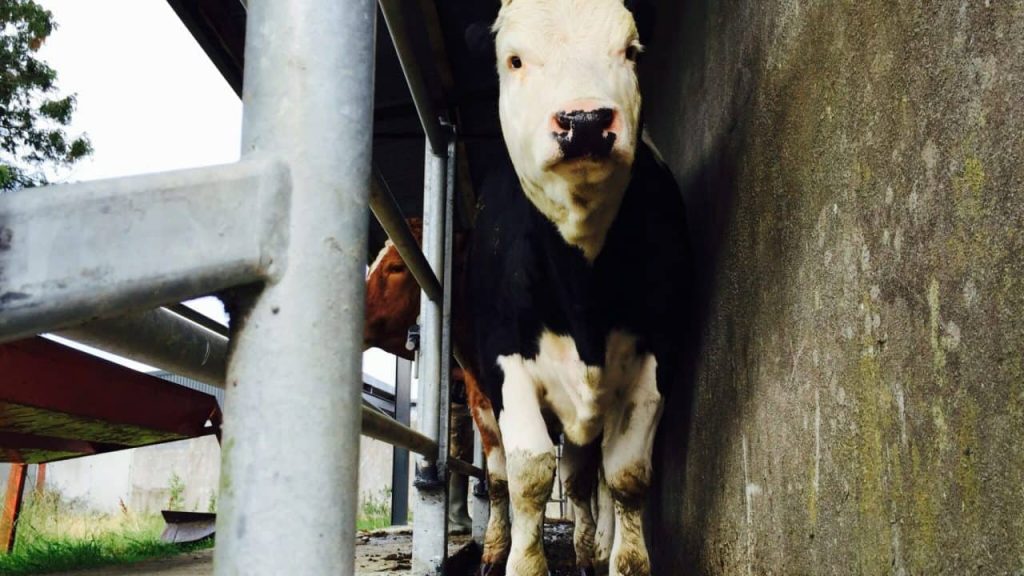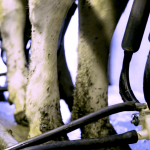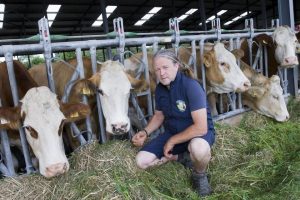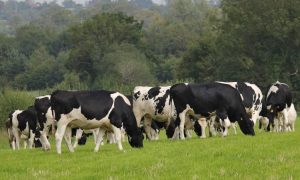
The Department of Agriculture, Environment and Rural Affairs (DAERA) has said that Bovine Viral Diarrhoea (BVD) requirements for cattle exports from Northern Ireland to EU member states are set to change.
The department has advised that cattle being moved south of the border will have to meet new trade requirements when the Republic of Ireland (ROI) achieves BVD free status, expected in 2024.
The BVD eradication programme in Ireland was approved by the EU Commission in July 2022, resulting in new export requirements for cattle moving to the jurisdiction for breeding and production.
DAERA
DAERA said that when Ireland achieves formal BVD free status the export requirements will change again.
This means that the export of any animal that has been vaccinated for BVD in its lifetime will be banned.
“BVD vaccinated animals currently remain eligible for export to Ireland, and this will continue until BVD free status is achieved.
“Keepers who wish to export cattle next year should now plan for the new requirement as BVD vaccination will prevent this trade. Animals moving directly to slaughter are unaffected,” a department spokesperson said.
Cattle owners are advised to seek advice from their private veterinary practitioners (PVPs) as BVD vaccines play an important role in protecting breeding animals from becoming infected with the BVD virus and for many herds their continued use is recommended.
Currently, Austria, Finland, Sweden, Denmark and parts of Germany have achieved BVD Free Status.
Full details of the BVD pre-export requirements for cattle moving to member states with an approved programme or disease-free status are listed on the DAERA website.
The department said that cattle owners should discuss how they can meet these requirements with their PVP well in advance of the proposed date of export.
BVD is a highly contagious disease which reduces the productivity and profitability of affected herds, as well as compromising animal welfare.
The level of BVD in animals across Northern Ireland has fallen over 50% since the introduction of the compulsory eradication scheme in 2016.
The department recognised that further measures are required including development of a second phase of legislation to support the eradication of BVD in Northern Ireland.






















